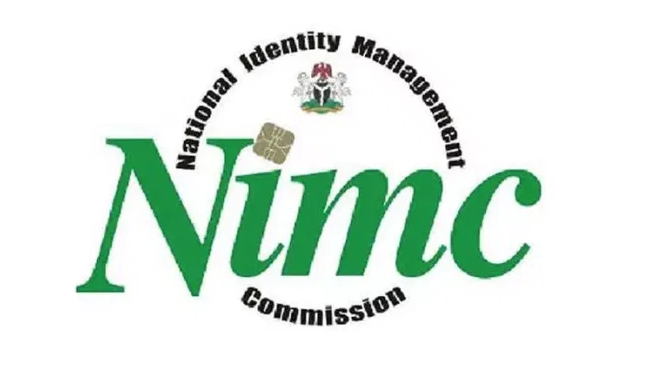With Decentralisation, NIMC Targets 200m NIN Registration

- Allays fears over SIM card deactivation
The National Identity Management Commission (NIMC) yesterday shed more light on the licensing of 203 public and private sectors agents to register people for National Identity Number (NIN), saying with the decentralisation of the process, 200 million Nigerians would be registered within five years.
It said the exercise, which raised the number of registration centres nationwide from 1,000 to 10,000, is meant to ease the bottlenecks in capturing more Nigerians on the national identity database.
The commission explained that adequate arrangements have been made to capture the data of 200 million Nigerians within the next five years.
It also allayed fears over the two-week deadline for deactivating Subscribers Identity Module (SIM) cards that are not linked with users’ NIN.
It added that the steps taken so far to ensure that all subscribers have NIN in their SIM cards are meant to address the security challenges facing the country.
The commission said the telecommunication operators would be involved in the exercise.
The spokesman of NIMC, Mr. Kayode Adegoke, said the government has approved the licensing of over 200 institutions to carry out enrolment of Nigerians and legal residents into the National Identity Database (NIDB) on behalf of the National Identity Management Commission (NIMC).
Adegoke said the initiative was aimed at addressing the bottlenecks associated with the capturing of citizens data by NIMC.
According to him, the method will increase the enrolment centres from the current 1,000 to 10,000 nationwide.
He said the NIMC is desirous of scaling up its assignment to regulatory functions after the completion of the exercise.
Adegoke, however, explained in a statement that the licensed agents were approved after successfully fulfilling all the conditions in the advertised Expression of Interest (EOI), which was done in 2019 as a first step towards the take off of the National Digital Identity Ecosystem project.
He said the breakdown of the successful licensees shows that 16 state governments, including Abia, Akwa Ibom, Gombe, Lagos, Kaduna, Katsina, Kano, Oyo, Ogun, Sokoto and Zamfara, were licensed to register people for NIN.
The public sector institutions licensed are the Nigerian Communications Commission (NCC), National Pension Commission, Central Bank of Nigeria (through the Nigeria Inter-Bank Settlement Systems Plc), National Population Commission, Economic and Financial Crimes Commission (EFCC), Independent National Electoral Commission (INEC), Joint Tax Board and Nigeria Postal Services,
he added.

Justin Nwosu is the founder and publisher of Flavision. His core interest is in writing unbiased news about Nigeria in particular and Africa in general. He’s a strong adherent of investigative journalism, with a bent on exposing corruption, abuse of power and societal ills.













